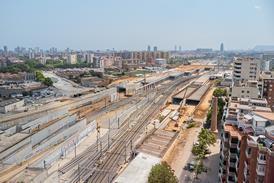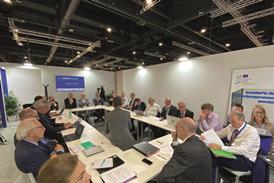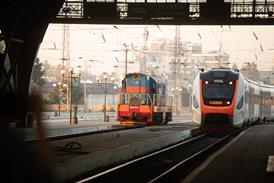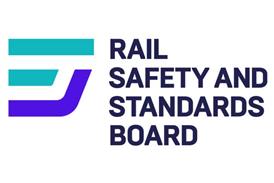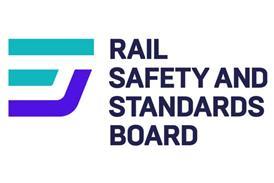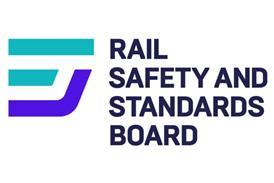BRITAIN’S long-awaited White Paper, unveiled by Deputy Prime Minister John Prescott on July 20, heralds a major shift in transport policies: from fragmentation to integration; from car to train, bus, cycling and walking; and from road to rail freight. It does not reverse privatisation, but it does set out to remedy serious structural deficiencies which (as Prescott reminded MPs) drove passenger complaints to a record 1 million last year.
A new Strategic Rail Authority will assume responsibility for managing the 25 passenger franchises, which currently receive £1·6bn a year in subsidy. It will also take over the still modest freight grants, amounting to £40m in 1998-99. The Rail Regulator will pass to the SRA his consumer protection responsibilities, such as driving up the quality of the National Rail Enquiry Service, and devote more time to monitoring Railtrack’s performance and investment delivery. It will be the SRA, not the Regulator, which decides how much competition will be permitted between passenger operators.
Above all, the SRA is to fill the most serious hole in the fragmented structure bequeathed by the last government: the absence of strategic planning. In fairness, Railtrack tried hard to fill this gap, but getting the ducks in a row on a major project like the West Coast main line passenger upgrade became immensely difficult. Creating sufficient capacity for planned freight growth, let alone loading gauge enhancement to permit viable piggyback services - one of Prescott’s pet projects - has still not been agreed. This could be an early candidate for the SRA’s proposed Infrastructure Fund, which is also destined to tackle capacity ’pinch points’ on the network. An initial allocation of £100m will be made available for this and for supporting ’new and inventive ideas to get more people on to trains at regional and local level’.
The Franchising Director’s rejection on July 17 of a Connex plan to invest £370m in new trains and two infill electrification schemes in return for taking up an option extending its South Central franchise from 7 to 15 years highlights an immediate problem. All but seven of the franchises end by October 2004, and the investment spree that should see 20% of the 10000 coaches in the national fleet replaced by 2003 is already drying up. It is the SRA that must work out how to avoid another damaging rolling stock investment hiatus, similar to the one caused by the original privatisation process. o


